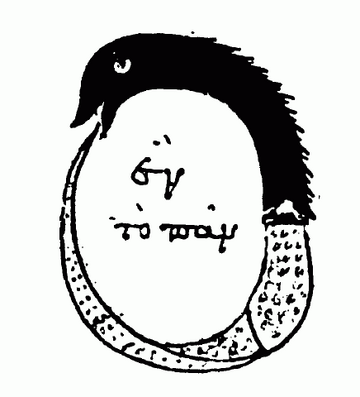The models created by the brain do “interact” with the “consciousness field” because [and this is where we differ] both matter and consciousness are the same field(s).
I can see how it could be the case from a physical perspective, that on some fundamental level, matter and consciousness are both some type of field, and that it is how these fields manifest on a macro level that the universe is populated with physical stuff and our awareness of it. However that is not the same as saying that a consciousness field is one and the same field as a sensory field.
Instead, the evidence strongly suggests multiple different structures within the brain ( visual cortex, auditory cortex ect. ) are independently responsible for their own fields, and that together they are unified into an audiovisual experience by the thalamocortical loop, which has its own associated field. There is ample evidence for this in that activity in our sensory regions can be isolated and measured in the absence of any sensory experience, particularly, in REM sleep.
Sometimes, when in REM sleep, another layer of thalamocortical neuromodulation kicks in, and we become aware that we are dreaming. It isn't uncommon to continue from there into a fully awakened state. There's a pretty decent article on it here:
Thalamocortical dynamics of sleep: roles of purinergic neuromodulation
This situation mirrors exactly what I was suggesting above in that consciousness is like a blank canvass, a baseline state, and that qualia are disturbances in that state. They are manifested as particular types of experiences depending upon the properties associated with the type of disturbance they produce. Again, Persinger's experiments with the effect of EM fields on perception seem to have confirmed this.
So what seems to be happening in ultra simplified form, is that sensory stimuli reach sense organs that send signals to corresponding brain regions, that create associated sensory fields that disturb the consciousness field. The disturbances in the consciousness field then induce a reaction in receptors in the thalamocortical loop, which transmits those signals to the various processing centers in the brain.
A materialist ( not to be confused with a physicalist ), might contend that we can do away with the idea of fields and stick purely with neurotransmitters and cellular structures. But this doesn't sit well with me for all the reasons we're both already familiar with. Consciousness seems to exist outside those confines, while still having an effect on them. Fields are the only thing we know of that can do such a thing.
Maybe it's not the right model, but given these variables, it at least seems reasonable ( coherent ). I don't know enough about it to know whether I'm right or wrong. Maybe somebody else does and can elucidate? I've heard counterpoint that asserts the fields produced by the brain are too weak or short ranged to induce any action within its own neural network.
I can imagine a couple of workarounds to that, but ultimately it's out of my depth. A related article linked from
Philosophy, Science, and the Unexplained deals with EM fields in neuronal structures and their effect on associated biological systems.



